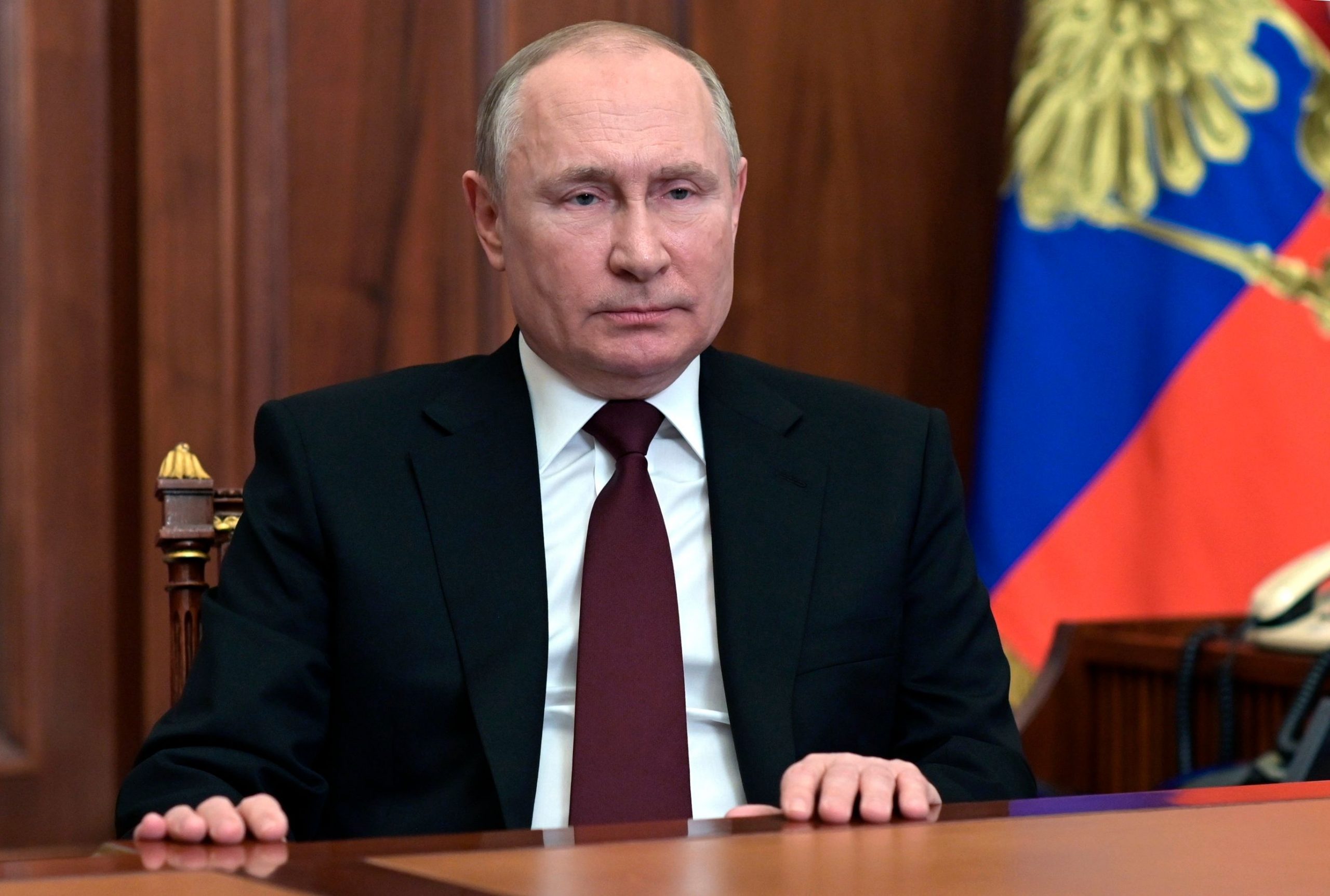The war with Russia in Ukraine could be over no later than mid-May, an adviser to the Ukrainian president’s chief of staff.
In a video shared by Ukrainian media, Oleksiy Arestovich, the advisor, said “I think that no later than in May, early May, we should have a peace agreement, maybe much earlier, we will see, I am talking about the latest possible dates”, Reuters reported. He also said Russia is likely to run out of resources in the next couple of months.
The official said that while he couldn’t predict the exact day the war would end, it would depend on Kremlin’s decision to discontinue its campaign or struggle to find resources to keep the invasion going.
Also Read | Can the US sanction India for buying Russian crude oil: Explained
Arestovich continued, as per Reuters, “We are at a fork in the road now: there will either be a peace deal struck very quickly, within a week or two, with troop withdrawal and everything, or there will be an attempt to scrape together some, say, Syrians for a round two and, when we grind them too, an agreement by mid-April or late April”.
Notably, the official isn’t directly involved in any of the diplomatic talks between Russia and Ukraine, all of which have thus far failed to reach a ceasefire agreement.
However, much of what this Ukrainian official is saying has been mirrored by the US as well. US officials have also claimed that the Russian army is running out of resources and has even accused the country of seeking aid from China. Both Moscow and Beijing have denied this and a Chinese spokesperson has accused the US of spreading ‘disinformation’.
Also Read | Help yourself by helping us, Ukraine’s Zelensky appeals to EU leaders
Despite the enormous pressure on Russian President Vladimir Putin, due to the sanctions impacting the nation’s economy, he’s remained determined to “denazify” and “demilitarize” Ukraine. To that end, he’s sent conscripts to the war, something which he denied but Russia later confirmed. Speaking of them, the Ukrainian official expressed confidence that even if freshly trained conscripts arrive in early May, the war would still be over by the middle of the month.







